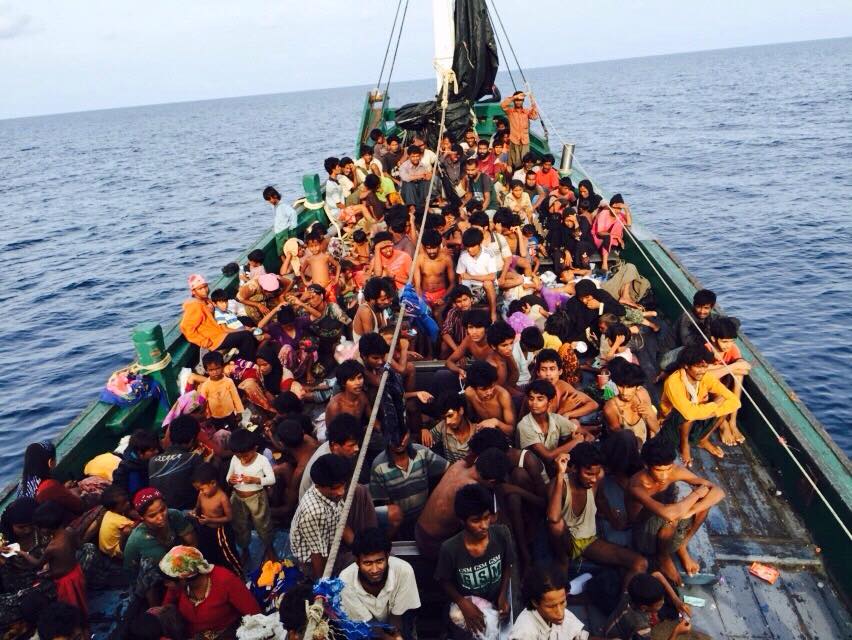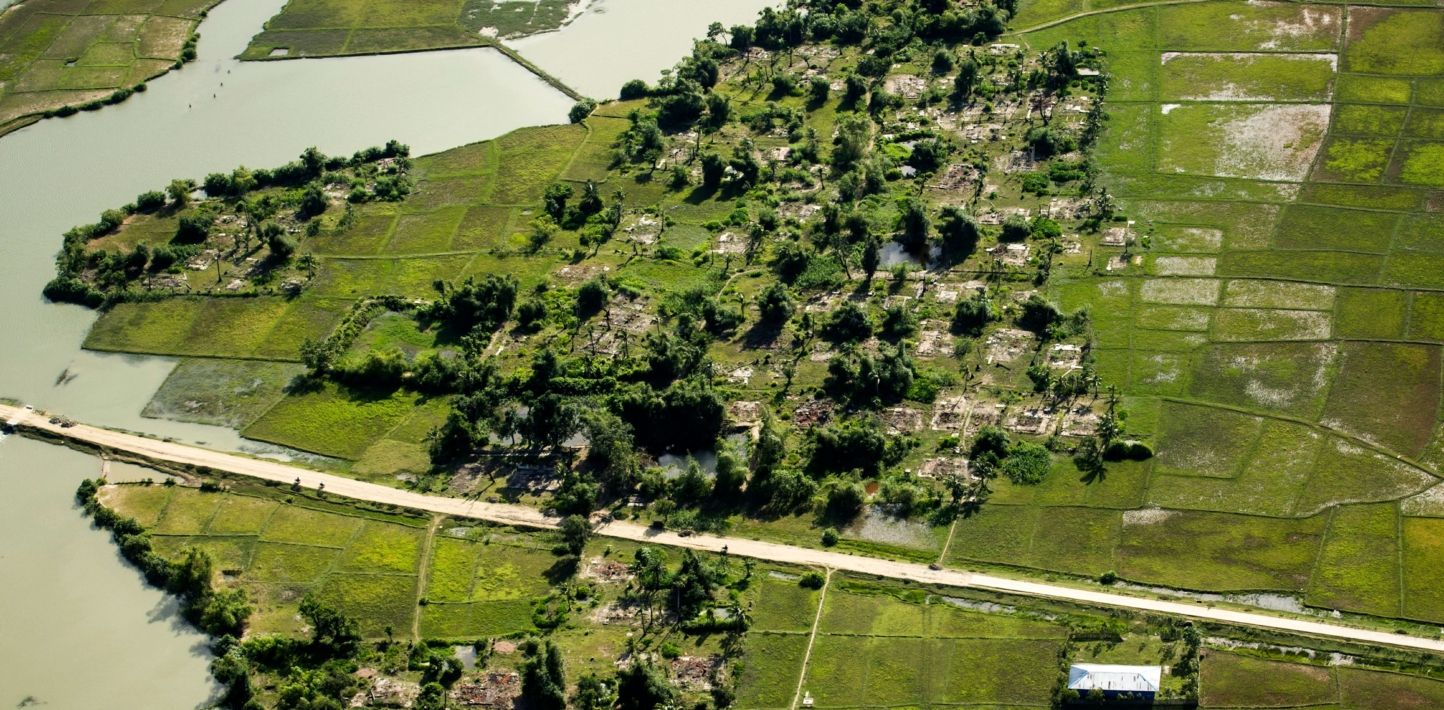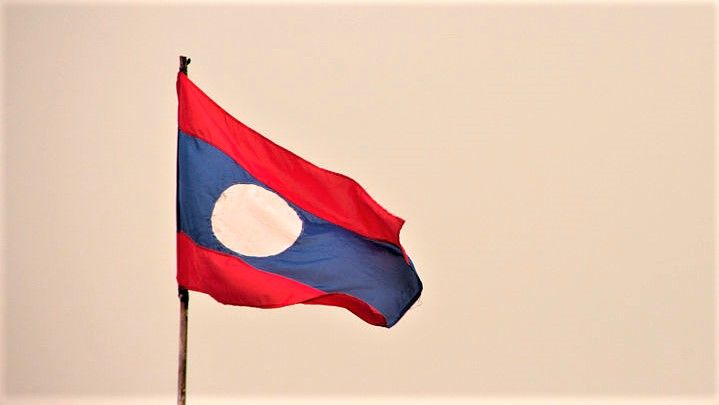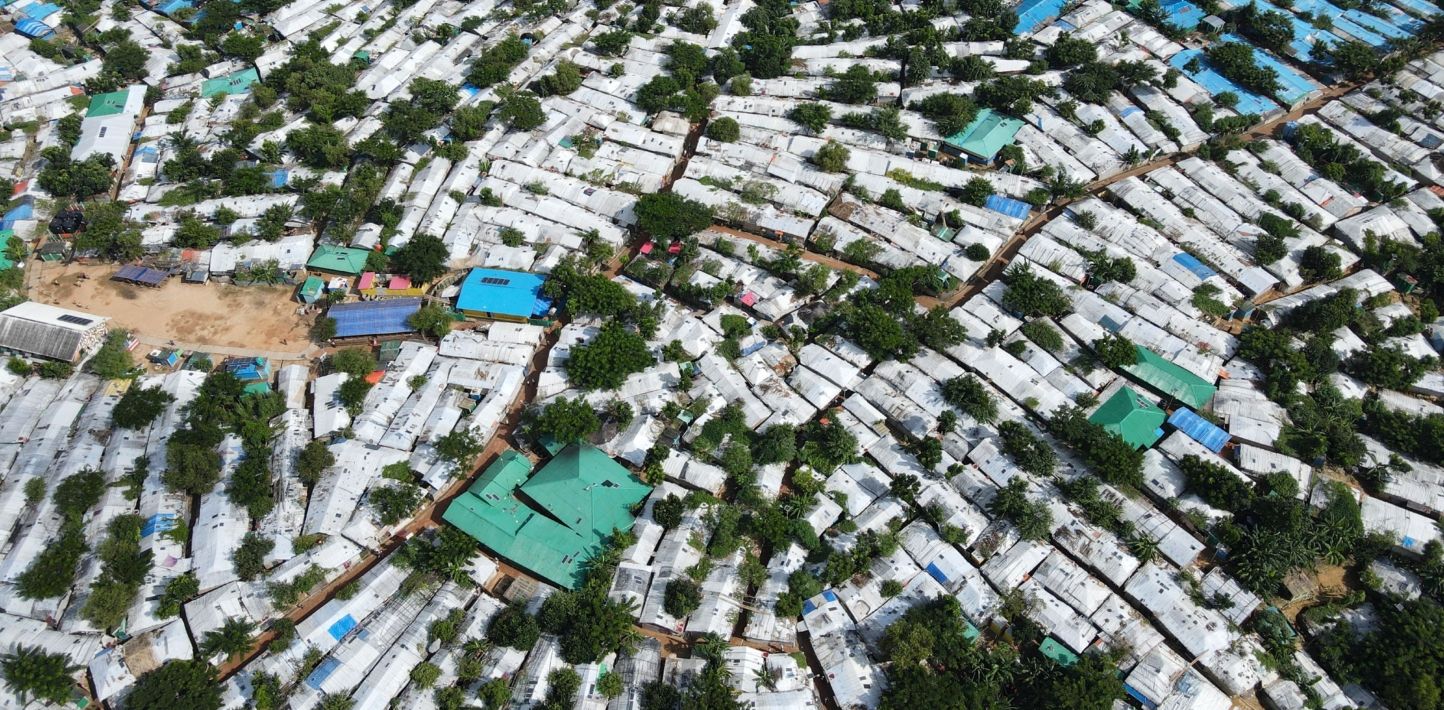Malaysia: Hundreds of Rohingya seeking safety by boat at acute risk from coronavirus
9 April 2020
Amnesty International Malaysia
The Malaysian authorities should ensure that the 202 Rohingya people found adrift off the country’s coast are spared the risk of mass infection in detention facilities, said Amnesty International Malaysia today.
The group is currently in 14-day quarantine in response to the outbreak of COVID-19.
“The government must ensure adequate protection for these Rohingya people, who are in desperate need of safety from both persecution and illness,”
“Given the elevated risk of transmission in detention facilities, they should be released following quarantine, and given the protection they need under international law. Detaining even more people at this time will put countless people’s health in jeopardy and would only fan the flames of the current crisis.”
said Preethi Bhardwaj, Amnesty International Malaysia’s Interim Executive Director.
On 5 April 2020, the Malaysian Maritime Enforcement Agency intercepted a boat carrying over 200 Rohingya people, including children, off the coast of Langkawi. The Malaysian authorities said that the boat’s skipper, believed to be operating a human trafficking operation, had escaped while at sea.
Amnesty International Malaysia understands that the group are now in quarantine for 14 days, are being tested and screened for COVID-19, and may be transferred from there into immigration detention. Rohingya refugees in Malaysia are often faced with indefinite detention in such facilities.
Previous research by Amnesty International has found conditions in immigration detention centres in Malaysia amounting to cruel, inhumane and degrading treatment and suffering from overcrowding, lack of sufficient amounts of food, water and unsanitary conditions.
“The authorities must ensure that these refugees, who have already had a traumatic ordeal, have adequate space for social distancing, adequate water and sanitation facilities, and access to healthcare and hygiene equipment, both in quarantine and thereafter”
“We also call on the government to enact measures to protect those already in immigration detention, including the release of detainees to reduce outbreaks of COVID-19, as well as other steps to prevent overcrowding and ensure the right to adequate healthcare.“
said Preethi Bhardwaj.
Background
Crimes against humanity have continued against the estimated 600,000 Rohingya still living in Rakhine State. Over seven years after they were forced from their homes, hundreds of thousands of people – mostly Rohingya – remain confined to squalid detention camps within Rakhine State, and neighbouring Bangladesh, dependent on humanitarian assistance for their survival.
Over the years, boats carrying thousands of desperate people fleeing both Rakhine, and Bangladesh have been found at sea, seeking refuge in Southeast Asia. International law imposes obligations on states to protect the human rights of refugees arriving on their shores.
The principle of non-refoulement obliges states not to return anyone to a territory where they would be at risk of persecution or serious human rights violations. The principle is the cornerstone of international refugee protection and is fundamental to the absolute prohibition of torture and cruel, inhuman or degrading treatment or punishment.
Malaysia is not a party to the 1951 UN Convention Relating to the Status of Refugees (Refugee Convention) or its 1967 Protocol. However, the principle of non-refoulement is also protected under customary international law, which is binding on all states. The ASEAN Human Rights Declaration also includes a right to “seek and receive asylum.”




